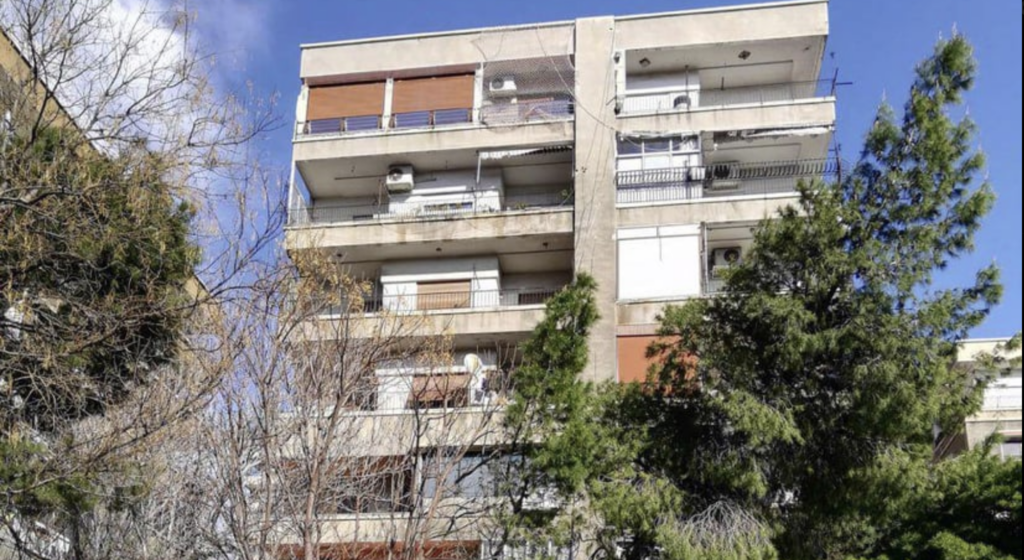In Iraq, calls grow for federalism in oil-rich Basra

(MENAFN - Asia Times) Demands in three Iraqi governorates to conduct a general referendum that allows them to turn into autonomous regions in accordance with Iraqi federal law have been gaining traction.
The most vocal and organized demand has come from the oil-rich southern province of Basra, home to Iraq's only port on the Arabian Sea.
The dream of federalism in these governorates, especially Basra, is not new.
Basra locals have long complained that oil profits go straight to the federal government coffers, and that they do not benefit from their own resources. In Nineveh, whose capital Mosul fell easily to the Islamic State, there is a longstanding sense of neglect by the federal government.
Many believe the governorate would be better able to govern itself thanks to its diverse population, border access to Turkey, fertile lands and the commercial experience of its people. With oil wells and vast agricultural lands, Dhi Qar has a similar potential for prosperity.
Yet longstanding quests for greater autonomy have been repeatedly aborted.
In Basra, the economic capital of Mesopotamia in the far south of Iraq, 22 of the 35 members of the local council voted earlier this month to turn Basra from a governorate to an autonomous region. Since then, cars can occasionally be spotted with people carrying the flag of the region.
In Nineveh, the demands are more discreet. The governorate just emerged from a war and was left with destroyed infrastructure. A large proportion of the population is still living in camps. Still, a number of civil society organizations went to the elections commission asking to put the demand up for a referendum.
As for Dhi Qar, the demands are now limited to statements by politicians mobilizing for it.
Central dominationThe three governorates have a common grievance: the domination of the federal government over their decisions and resources. They also share complaints from poor services to widespread unemployment and corruption.
Article 119 of the Iraqi constitution gives governorates the right to become autonomous regions after a referendum is held locally following a request supported by one-tenth of the voters in the governorate.
Baghdad has met the growing clamor with silence. Leaders of the main political parties in the country have yet to publicly comment, and the same goes for Prime Minister Adel Abdel Mahdi.
The governorates making the demands, especially Basra, are frustrated by the federal government's dismissal of their requests.
Mohammed Aboul Heil, a tribal sheikh and Member of Parliament for Basra, told Asia Times that 'the federal government's neglect of the governorates and poor services are the reasons why the demands to turn it into a region came up.'
The federal government in Baghdad fears losing the main artery feeding the Iraqi economy in the event that Basra, where 80% of Iraq's oil is extracted, would be turned into an independent region.
With its numerous ports, Basra is also Iraq's only gate to the rest of the Gulf.
Those calling for greater autonomy want to gain control over the governorate's assets and take charge of distributing them as they see fit, as opposed to pumping the black gold profits to Baghdad.
'The federal government doesn't approve of turning Basra into a region because it can affect the federal budget which relies mainly on the resources of Basra,' said Aboul Heil.
Bitter choicesLocal politicians are leading the campaign for autonomy in Basra, unlike Nineveh and Dhi Qar governorates, where the movement is on more of the grassroots levels. Even so, the people in Basra have shown great enthusiasm for the demand.
'The people want to be a region, but the political powers and main parties don't,' said Aboul Heil, attributing the disparity to the opposing political figures being based in the capital.
The federal government has also worked to thwart Basra's attempts to separate, previously preventing a referendum on the decision in 2009.
Aboul Heil warns that the population could sabotage local oil operations if the government does not heed their voice.
'They can disrupt work in oil wells or in the border crossings and ports … these are very possible scenarios, and they're being discussed in Basra,' he said.
Despite his dissatisfaction with the living conditions in Basra, which he blamed on the central government, Aboul Heil says he will not support the demand for autonomy, which has been marked by competition between regional rivals Iran and Saudi Arabia.
'There are political fears that, if it turns into a region, Basra could be swallowed up by neighboring countries,' he said.
Unlike in Basra, popular pressure does not seem to be swaying politicians in Dhi Qar and Nineveh on their side.
In Nineveh, many politicians are scared to publicly support popular demands for autonomy, having already been accused of colluding with The Islamic State extremist group which controlled their city in 2014. This has put the governorates' politicians on the defense and promoting the autonomy project might bring more accusations on them.
Nayef al-Shemary, an MP for Nineveh in the Iraqi parliament, responded in anger when Asia Times asked him about the demand.
Despite believing that the demand that has been brewing in his constituency is a 'constitutional right,' he said: 'This is not the right timing. The calls for separate regions are in reaction to the poor services in all governorates.'
Kurdistan a model?Iraq has one autonomous region: the Kurdistan Regional Government. Rekaby deems this experience unsuccessful, as it has created an ongoing crisis that the federal government has been dealing with since 2003.
The agreements between the two sides, especially the financial ones, keep changing every year. The KRG sometimes exports oil unilaterally, excluding the central government, which responds by cutting off its budget.
Rekaby wonders: 'We have one region in Iraq, and that is Kurdistan, and there are many major unresolved problems with it. What will happen then if more governorates turned into regions?'
Aboul Heil agrees that federalism will not be a silver bullet for the problems of Iraqi governorates.
'If Basra turns into a region, corruption could increase,' he said, noting that the armed forces were in control of the border crossings, ports and many of Basra's oil wells. He warned: 'If the region is established, Basra will turn into fiefdoms that rob everything.'
What is the answer then to the deteriorating conditions?
The prime minister is maneuvering very slowly as the summer crisis season approaches, with its frequent power outages and shortage of drinking water that could push people's anger over the edge, as was seen in Basra last year.
Abdel Mahdi's last card in the face of the discontent is Hadi al-Amiri, a former leader in the Popular Mobilization Forces and the head of one of the Iraqi parliament's two blocks. Abdel Mahdi gave Amiri additional powers and sent him to Basra to execute reforms.
But Amiri is not from Basra, which makes his mission to appease the people – whose first demand is self-determination – a difficult one.
Sarmad al-Taky, an Iraqi writer from Basra who supports the autonomy demand, thinks that establishing a region will be the solution for the aggravating problems. He thinks that the protesting youths will find a way if the government keeps stalling in response to their demand.
The crisis-filled Iraqi summer arriving soon might reveal what this situation will bring, and whether Iraqi governorates will witness protests that could succeed in imposing the demand for autonomous regions, or the federal government will prevail again.
MENAFN2204201901590000ID1098422403



